Marina's recent articles
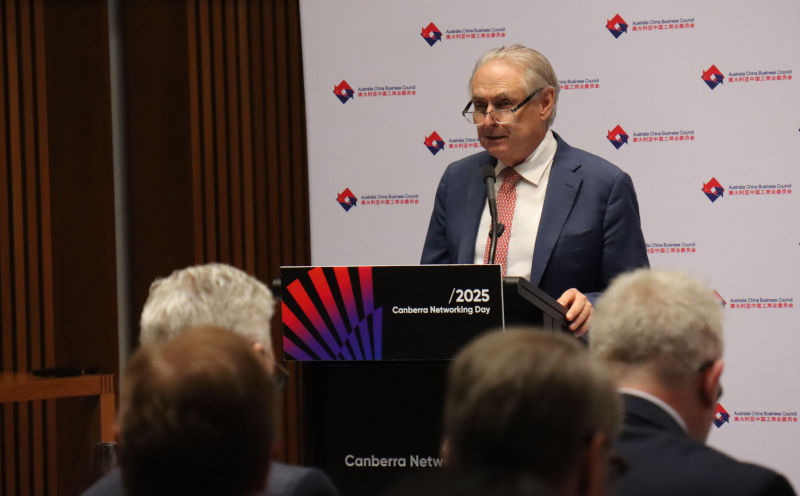
11 November 2025
Australia-China policy: Guardrails, not walls
An industry networking day in Canberra this week laid bare a simple truth: politics is still beating economics in Australia’s China policy.

4 October 2025
Is China’s reported ban on BHP a bluff, or a glimpse of the future?
Though they still haven’t been officially confirmed, reports China’s state-owned buyer told steelmakers to stop purchasing iron ore from Australian mining giant BHP have rattled both markets and Canberra.

22 June 2025
Aboriginal-Chinese roots of reconciliation: China’s first cultural envoys in Australia
As Australia marked Reconciliation Week (27 May – 3 June ), a landmark exhibition at the National Museum of Australia reminds us that Indigenous–Chinese bonds helped forge the links between the two peoples long before Canberra and Beijing formalised diplomacy in 1972.
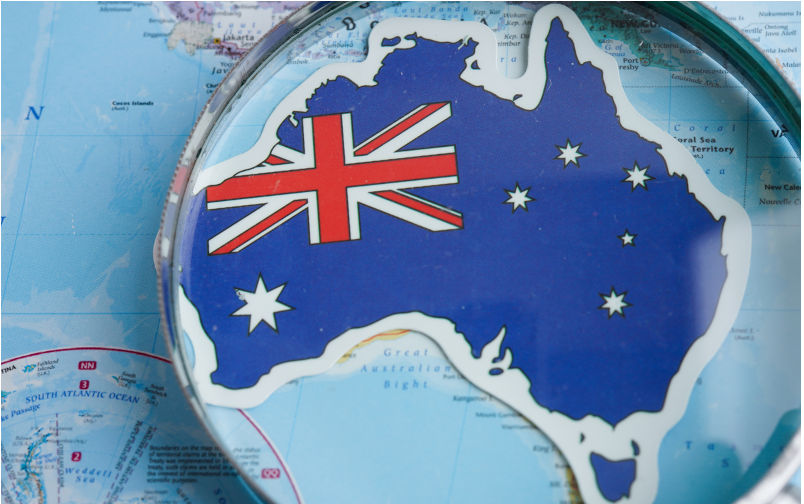
12 March 2025
Australia’s China diplomacy: Is it ready for a world without US certainty?
President Trump’s emerging foreign policy ideology is forcing US allies, including Australia, to reassess their strategic positions. As American leadership becomes increasingly transactional, Canberra must navigate a shifting global order by balancing security concerns with economic resilience, forging new regional partnerships, and maintaining strategic flexibility in an era of geopolitical uncertainty.
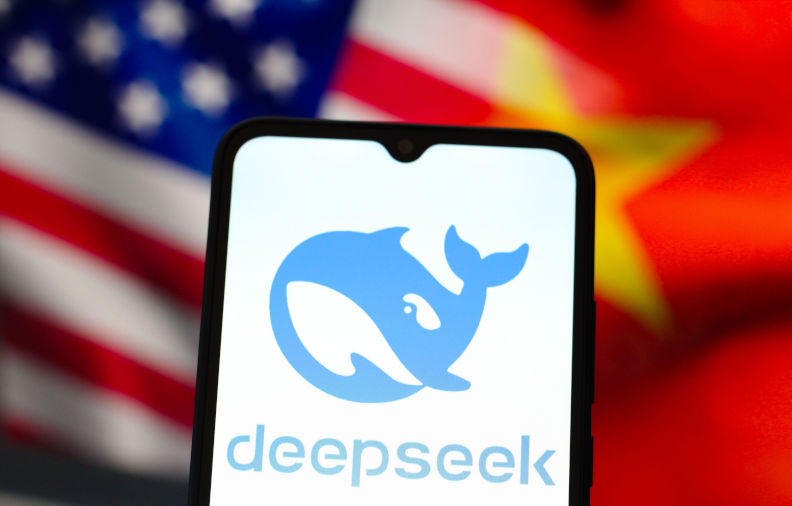
1 February 2025
DeepSeek’s success challenges assumptions about Chinese tech companies – and the US-China competition
The release of the new DeepSeek-R1 artificial intelligence (AI) model has shocked the tech world.

18 December 2024
Australia’s biotech future amid the US BIOSECURE Act: Why China matters
The BIOSECURE Act, recently passed by the US House of Representatives, seeks to decouple the US from China's biotech ecosystem by restricting federal funding to US firms that collaborate with major Chinese biotech players like WuXi AppTec and BGI Genomics. This legislative push reflects growing concerns over national security, intellectual property (IP) protection, and supply chain resilience in critical life sciences sectors. However, for Australia, the implications of the BIOSECURE Act extend beyond the US-China rivalry, highlighting the need to rethink its biotech strategy through deeper engagement with China.

25 November 2024
Promises and perils of the Future Made in Australia Act
Australia's industrial policy is shifting significantly with the introduction of the Future Made in Australia Act, which aims to enhance local manufacturing and reduce reliance on commodity exports. But concerns have arisen regarding the potential inefficiencies of targeted investments and the risk of deepening regional disparities. Australia needs a broader and more balanced approach that invests in all states and sectors while forging collaborative global partnerships.

5 July 2024
TikTok tensions are a new front in US–China tech wars
The US Congress' decision to push TikTok towards sale or ban due to national security concerns has garnered support from nearly 40 per cent of Americans and 59 per cent of Australians, but its impact could lead to job losses and deepen the tech divide between US and China. TikTok is seen as a litmus test for dealing with China in the lead-up to the 2024 US election, with both parties aiming to appear tough on China. The platform has also played a significant role in shaping younger users' social and political views, leading some to see it as a...

22 March 2024
If TikTok is banned in the US or Australia, how might the company – or China – respond?
TikTok’s owner is once again navigating troubled waters in the United States, where the US House of Representatives has issued an ultimatum: divest or face shutdown within six months.
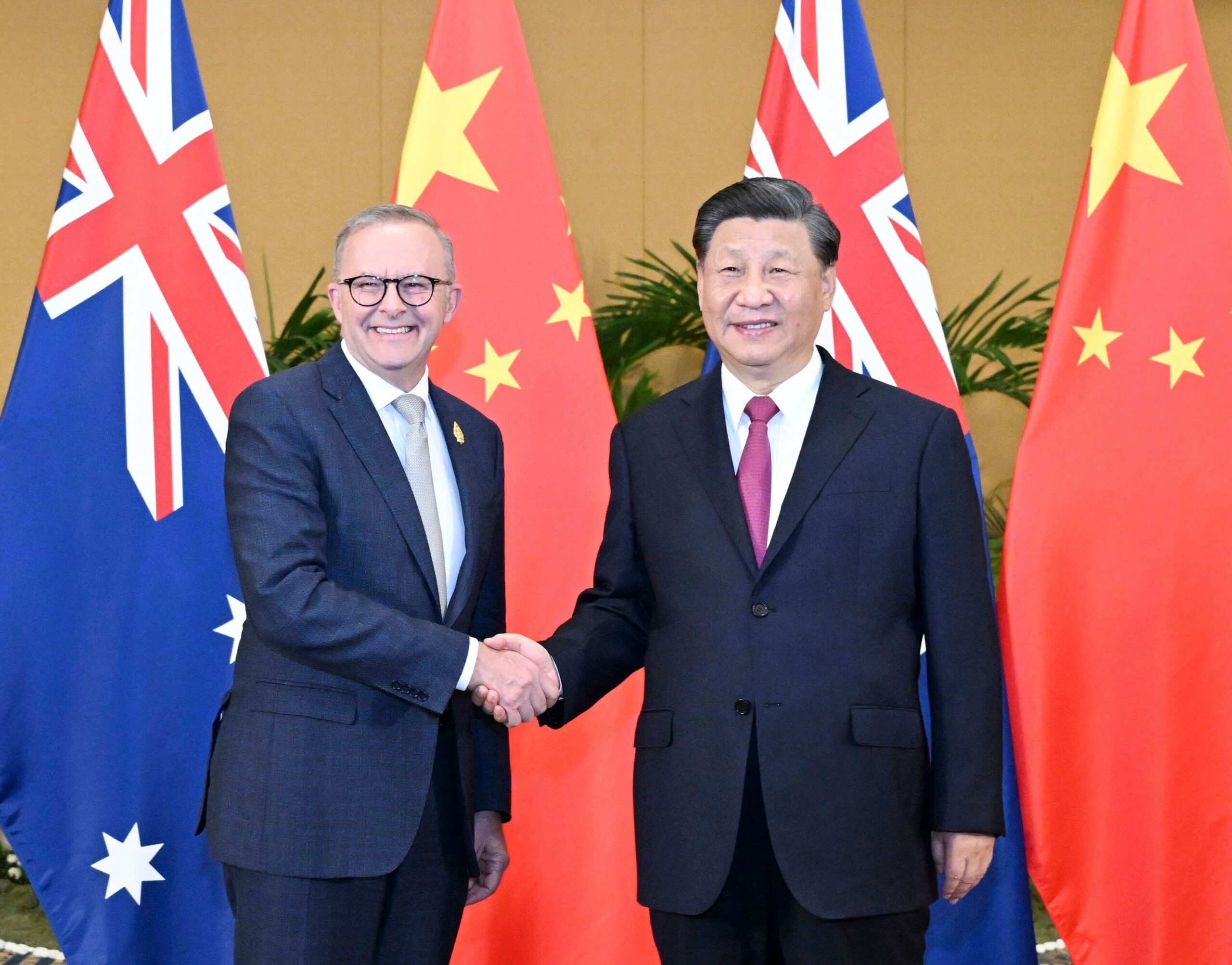
22 January 2024
The obstacles that now face Chinese FDI in Australia are only partly Australia-made
In the increasingly geopolitically charged waters of international trade and investment, Chinese technology enterprises are navigating a particularly turbulent current in Australia. The growing scepticism and regulatory scrutiny they face reflect a techno-geopolitical uncertainty, with Australia caught between its economic interdependence with China and strategic alignment with the United States.

13 November 2023
Pivoting away from China’s manufacturing power threatens global supply chains
While the US and its allies prioritise reducing supply chain risks, reshuffling away from China, repercussions from decoupling or de-risking might pose greater concerns than the risks themselves. Such actions could bifurcate the global economy, leading to fragmented supply chains and divergent technology standards. This could hinder global economic recovery, dampen investment flows, and impede collective efforts to address climate change.
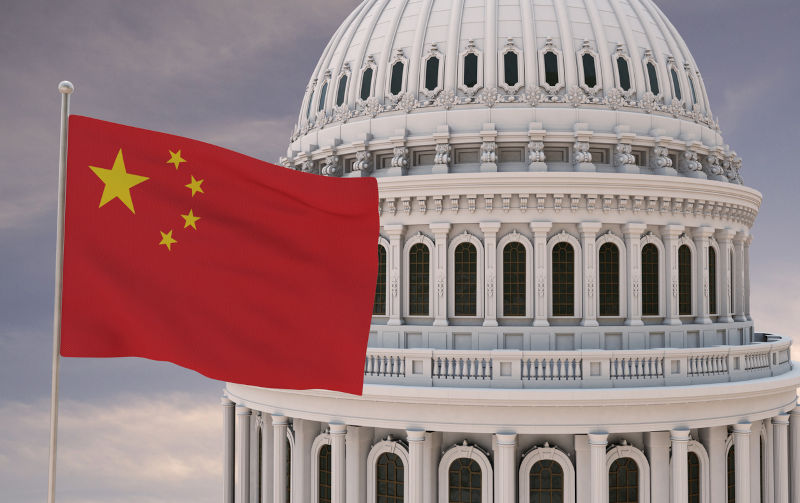
28 August 2023
Behind the ‘Red Curtain’: Decoding China's institutional logics
Instead of simply aligning their interests with the US, it is critical for US allies such as Australia to find a new balance in the great power rivalry between Washington and Beijing, and to develop their own strategic approach toward China. Among other things, this will require an understanding of how policy is formulated behind China’s ‘red curtains’.